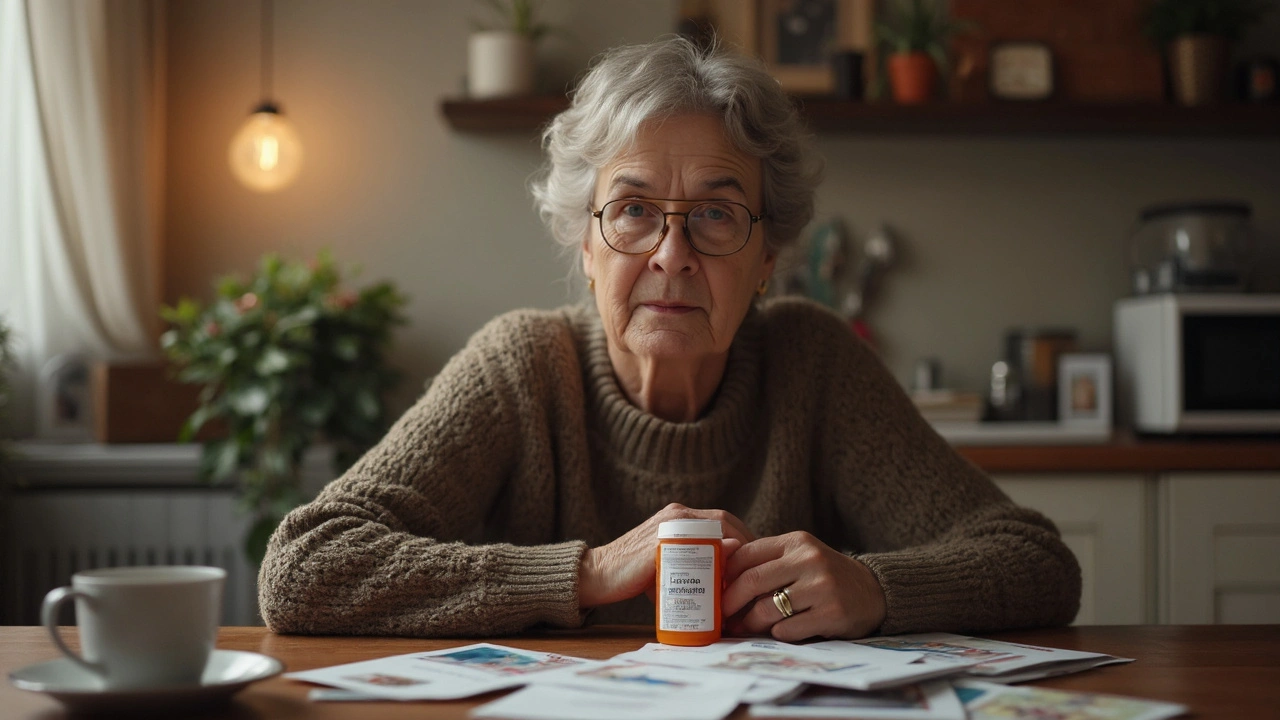Benzodiazepines: What You Need to Know
Benzodiazepines are a group of medications often prescribed for anxiety, panic attacks, and short-term insomnia. Names you might recognize include alprazolam (Xanax), diazepam (Valium), lorazepam (Ativan), and clonazepam (Klonopin). They work fast and can be very effective, but they come with real risks if used long term or without medical supervision.
How benzodiazepines work and common uses
These drugs boost a brain chemical called GABA, which slows down overactive signals and makes you feel calmer. Doctors use them for acute anxiety, panic disorder, muscle spasms, and to help with severe insomnia for a short period. Some are short-acting (alprazolam) and give quick relief; others are long-acting (diazepam) and last longer. That affects how they’re used and the risk of next-day drowsiness.
If you need something right now to stop a panic attack or get a single night of sleep, a short course can help. For ongoing anxiety or chronic sleep trouble, safer long-term options usually work better and avoid many downsides of benzodiazepines.
Risks, dependence, and safer options
Two big problems are tolerance and dependence. After weeks or months, the same dose may stop working and stopping suddenly can cause withdrawal — anxiety rebound, insomnia, tremors, even seizures in some cases. Mixing benzodiazepines with alcohol or opioids is very dangerous and raises the risk of serious breathing problems.
Older adults face higher risks: confusion, falls, and memory problems. Pregnant people should avoid benzodiazepines when possible because of potential risks to the fetus. If you or a family member are on these drugs, talk to your prescriber about whether the dose and length of use are appropriate.
Want alternatives? For long-term anxiety, cognitive behavioral therapy (CBT) and SSRIs or SNRIs are safer first-line choices. For short-term anxiety or sleep issues, options include hydroxyzine (non-benzodiazepine antihistamine), melatonin or CBT for insomnia, and relaxation techniques. A specialist can help tailor a plan that reduces reliance on sedatives.
If you’ve been taking a benzodiazepine for weeks or longer, don’t stop abruptly. A gradual taper supervised by your doctor lowers withdrawal risks. Keep a record of doses and effects so your prescriber can adjust the plan safely.
Finally, get medications from licensed pharmacies and always use a valid prescription. Online sellers that don’t ask for a prescription are risky — the pills might be fake, too strong, or contaminated. If cost is an issue, ask your provider about lower-cost options or patient assistance programs.
Benzodiazepines help many people when used briefly and correctly. Use them intentionally, watch for warning signs, and explore safer long-term strategies with your healthcare team.

